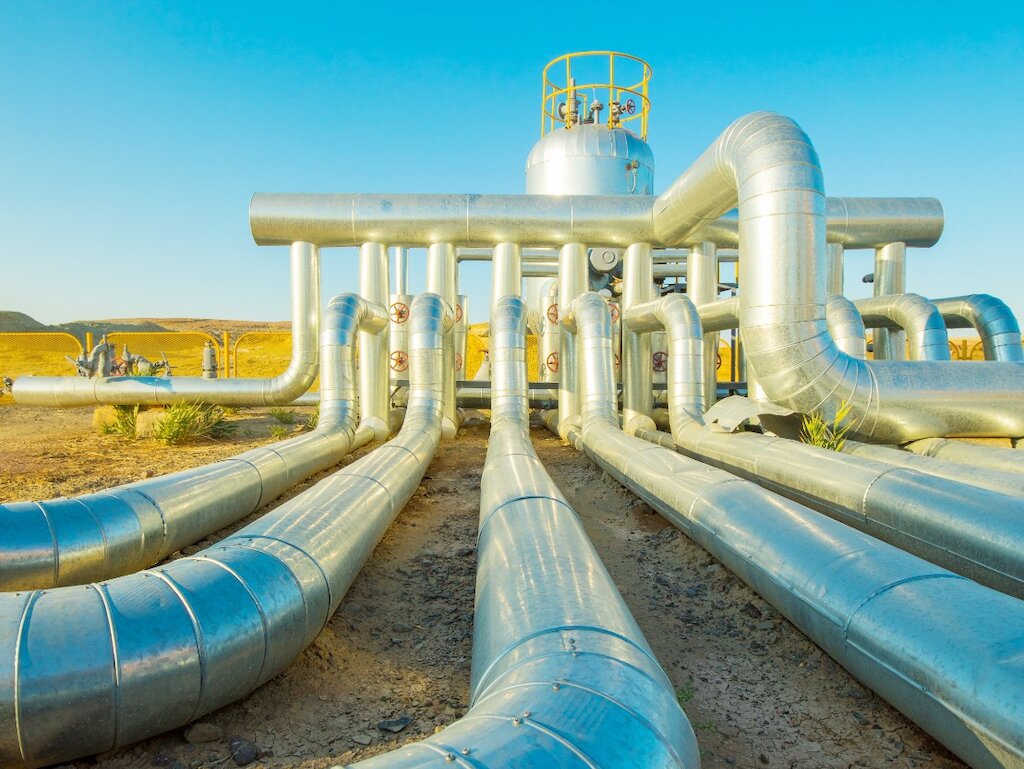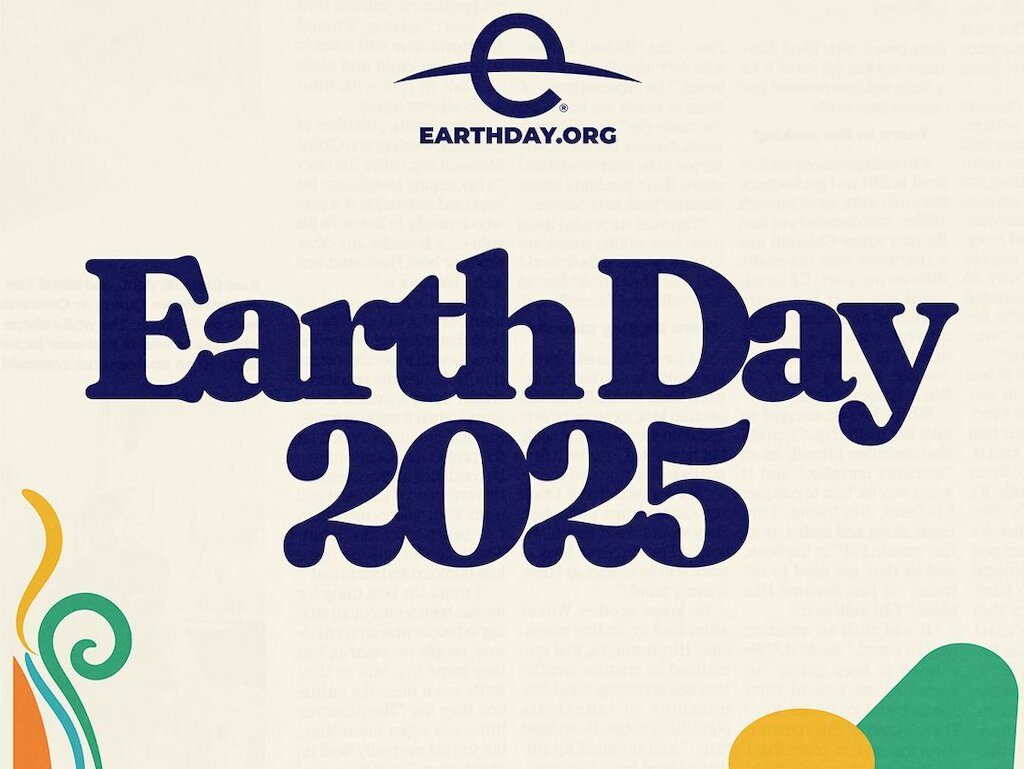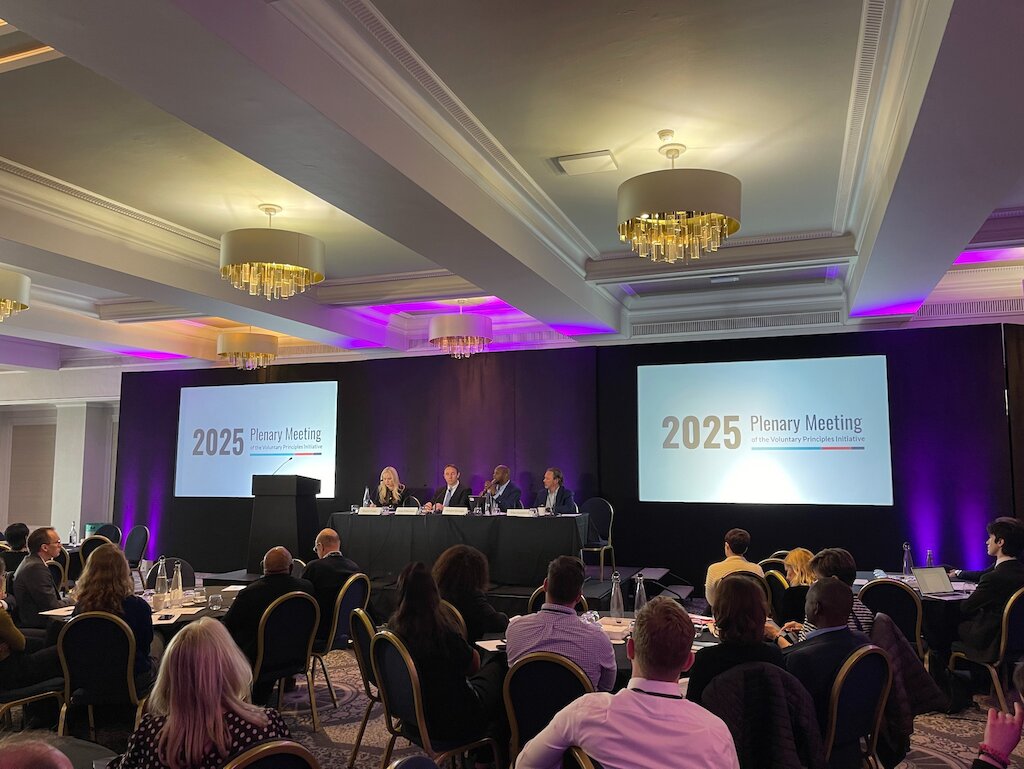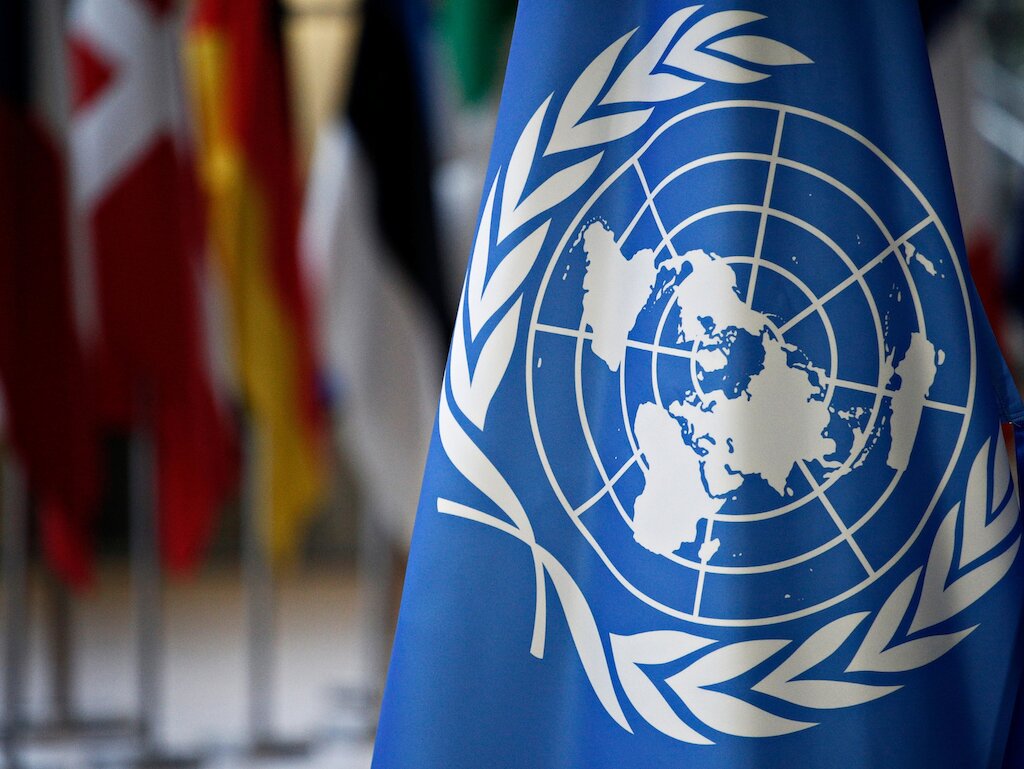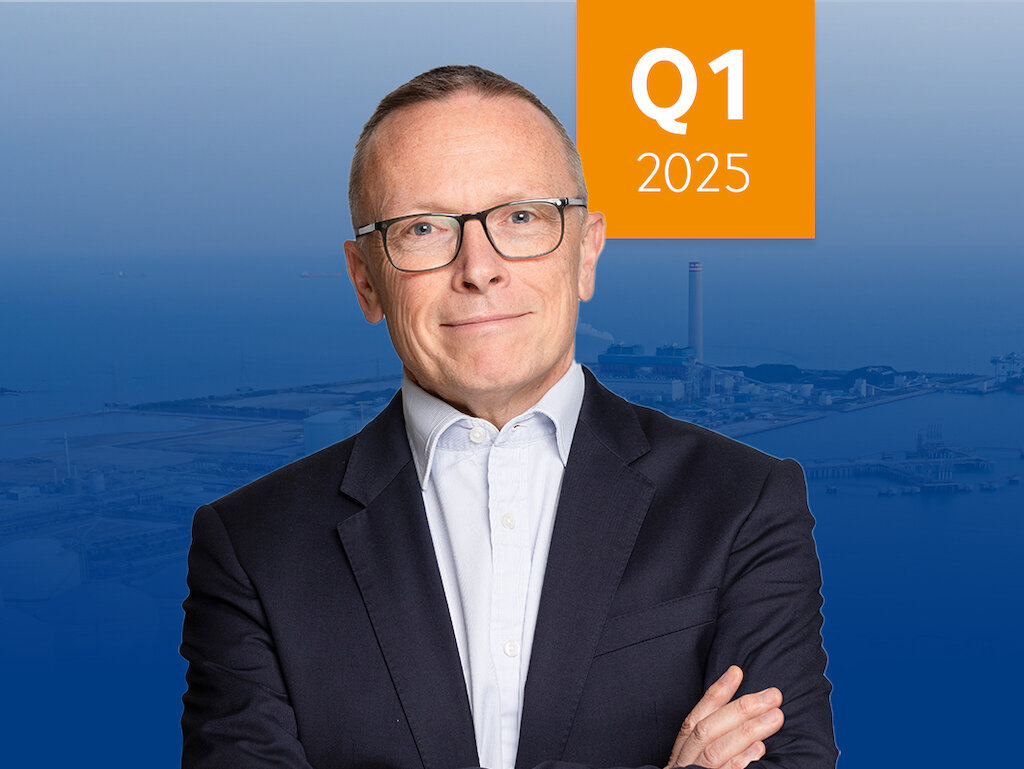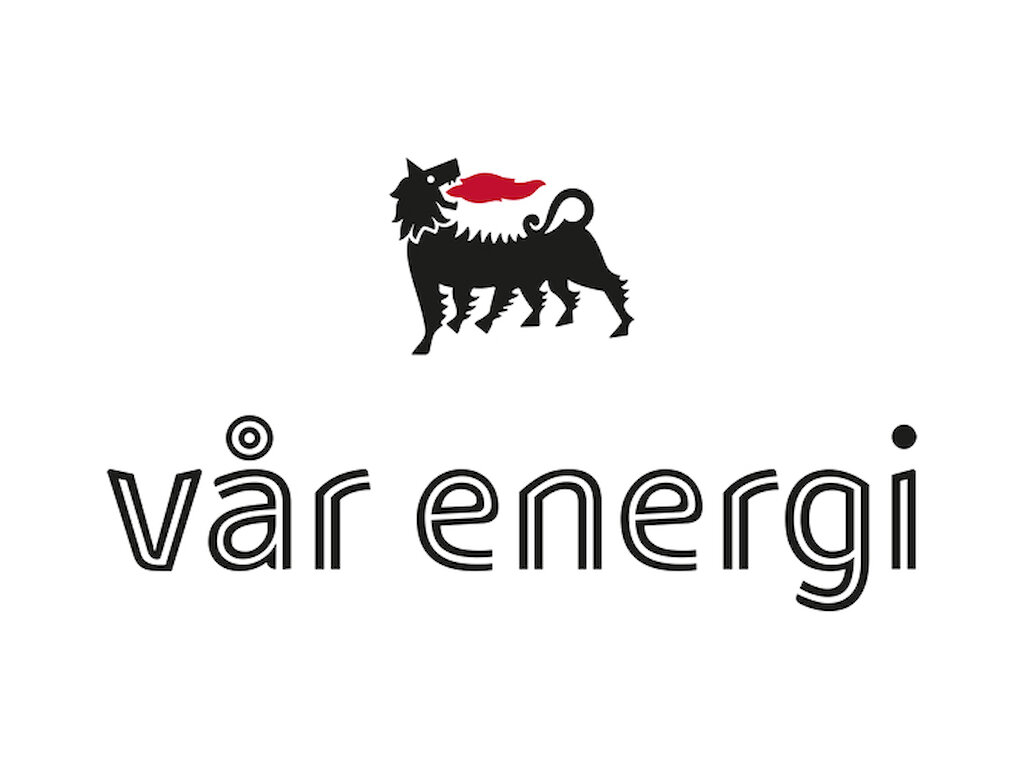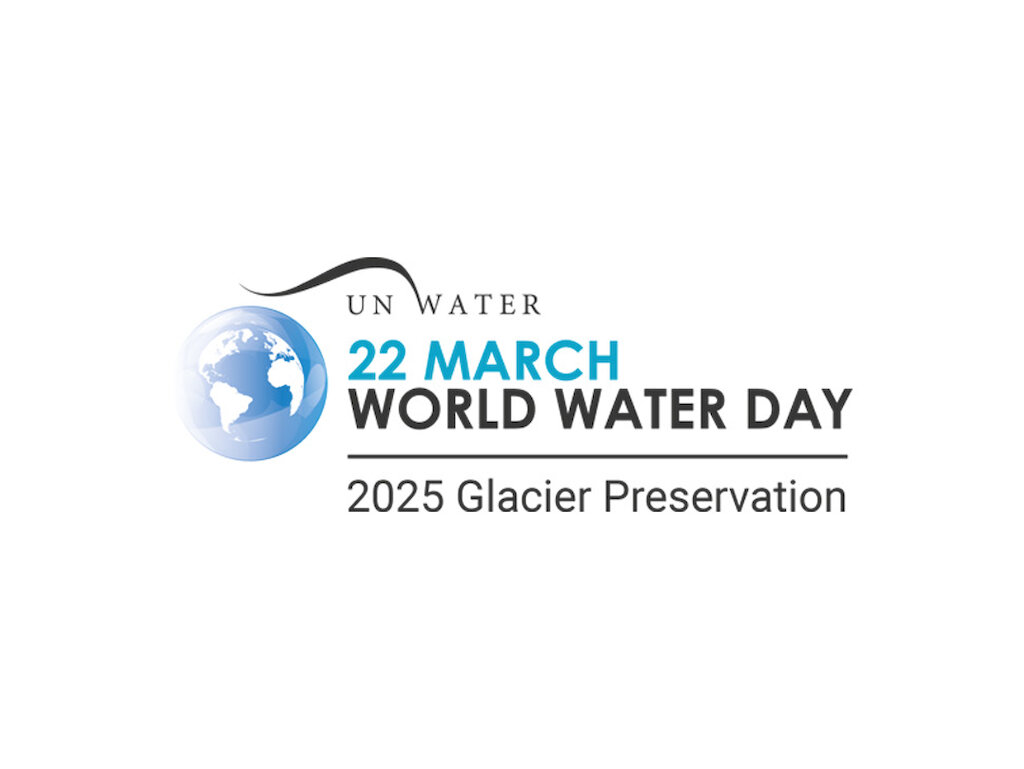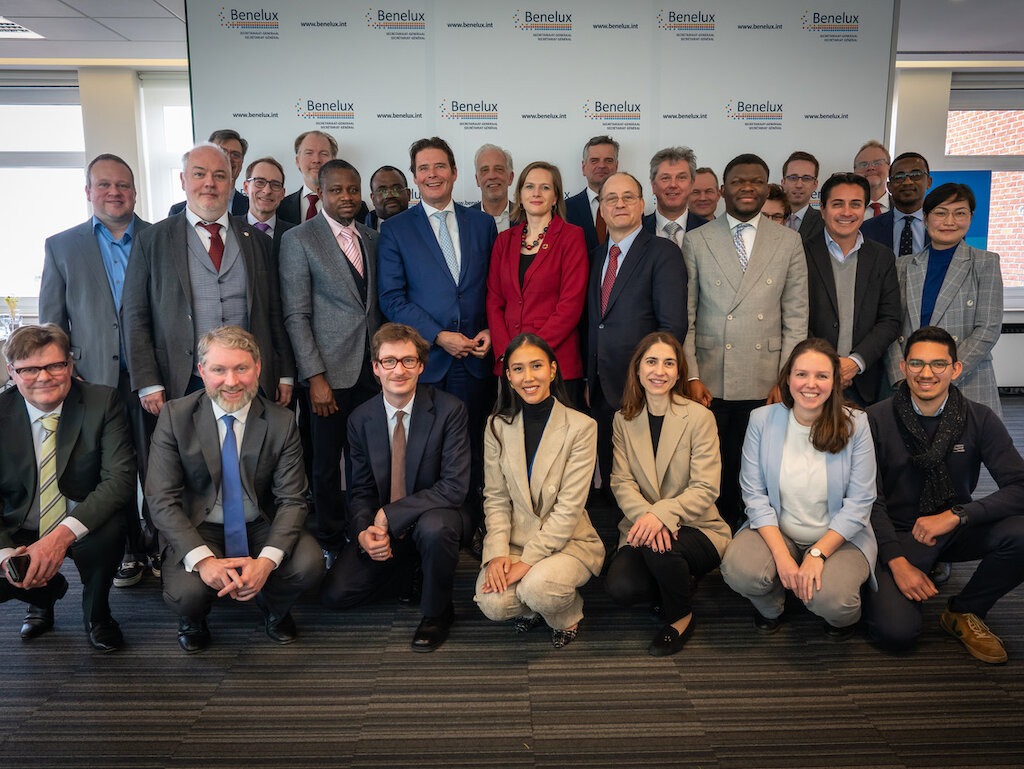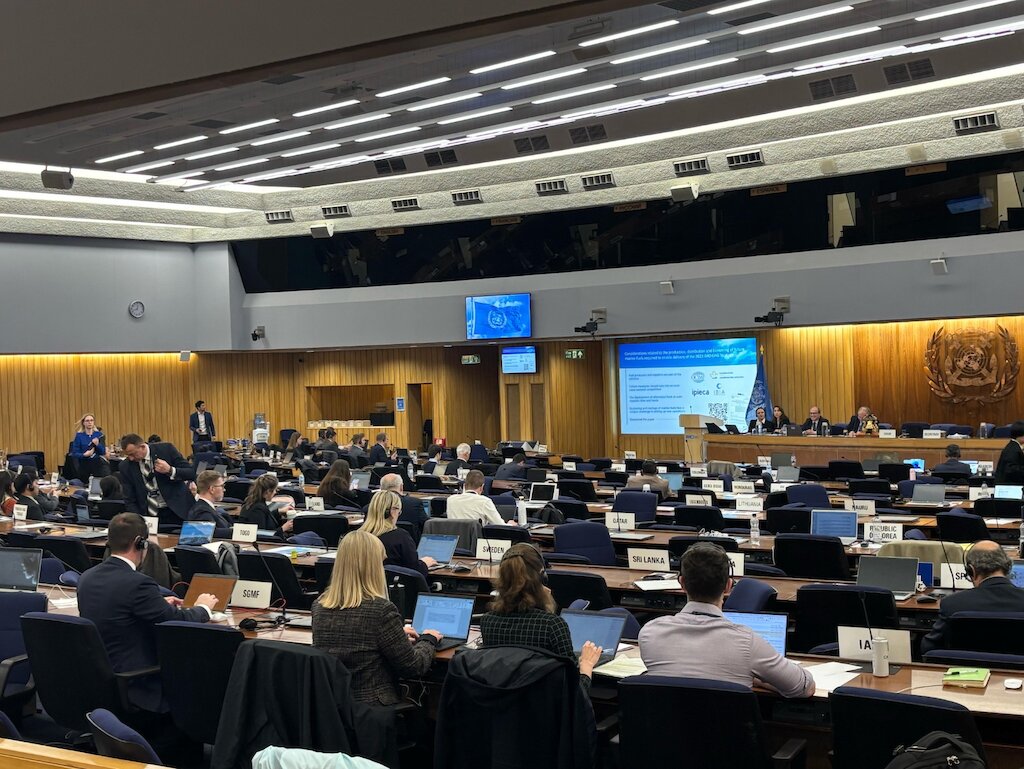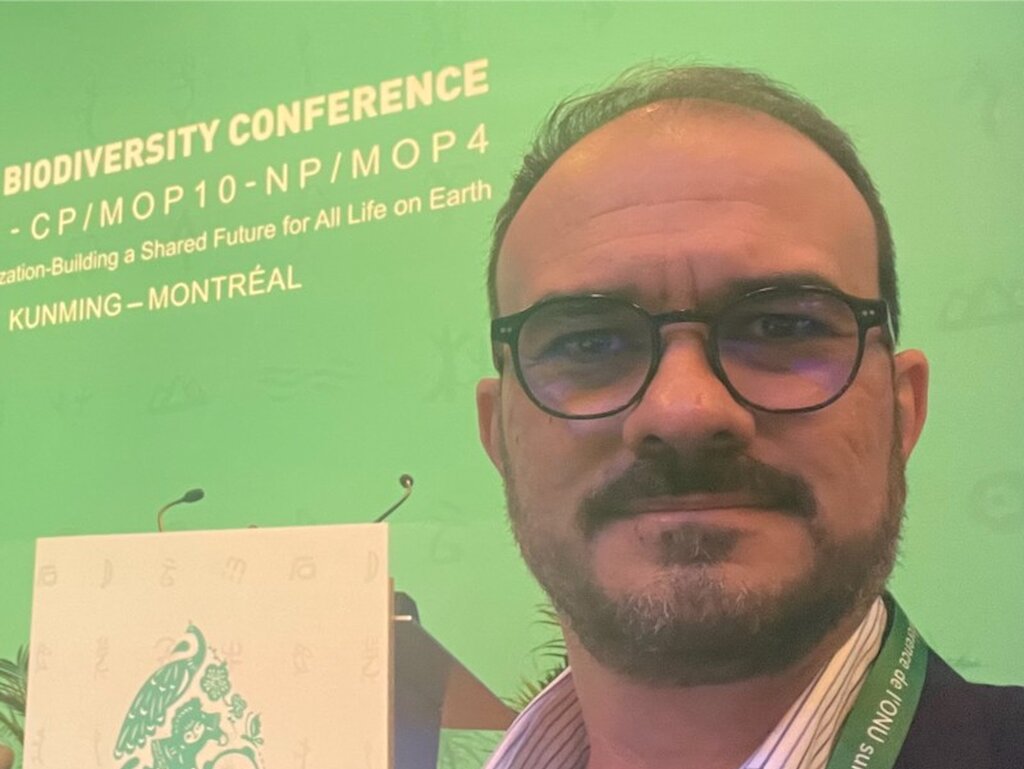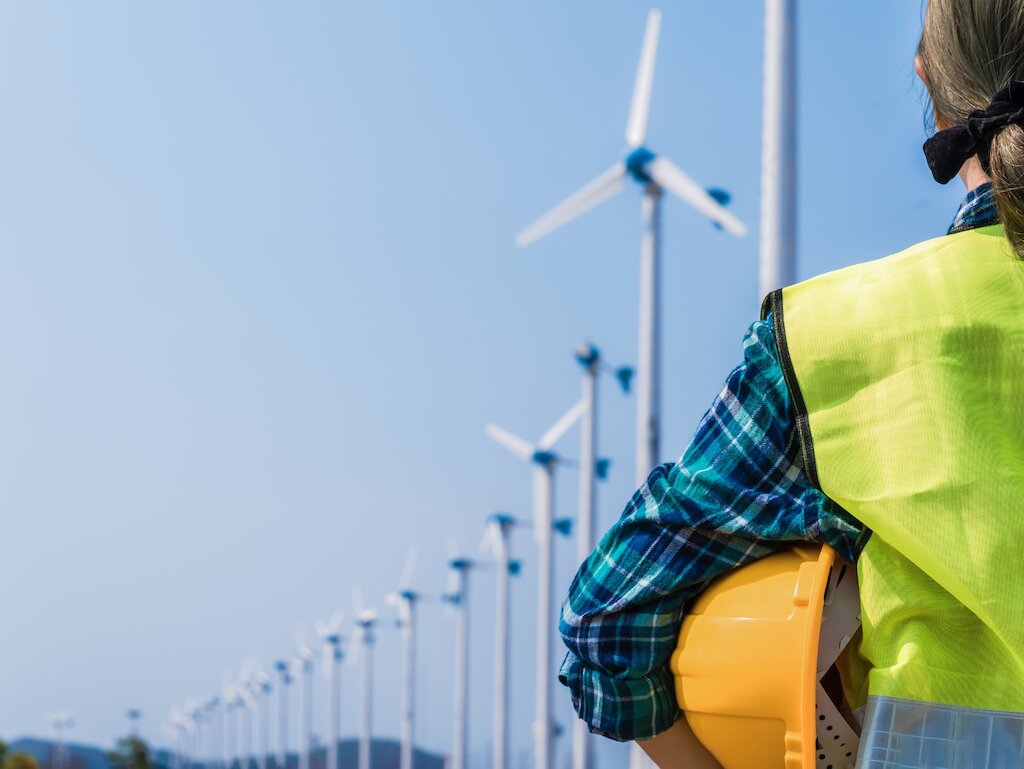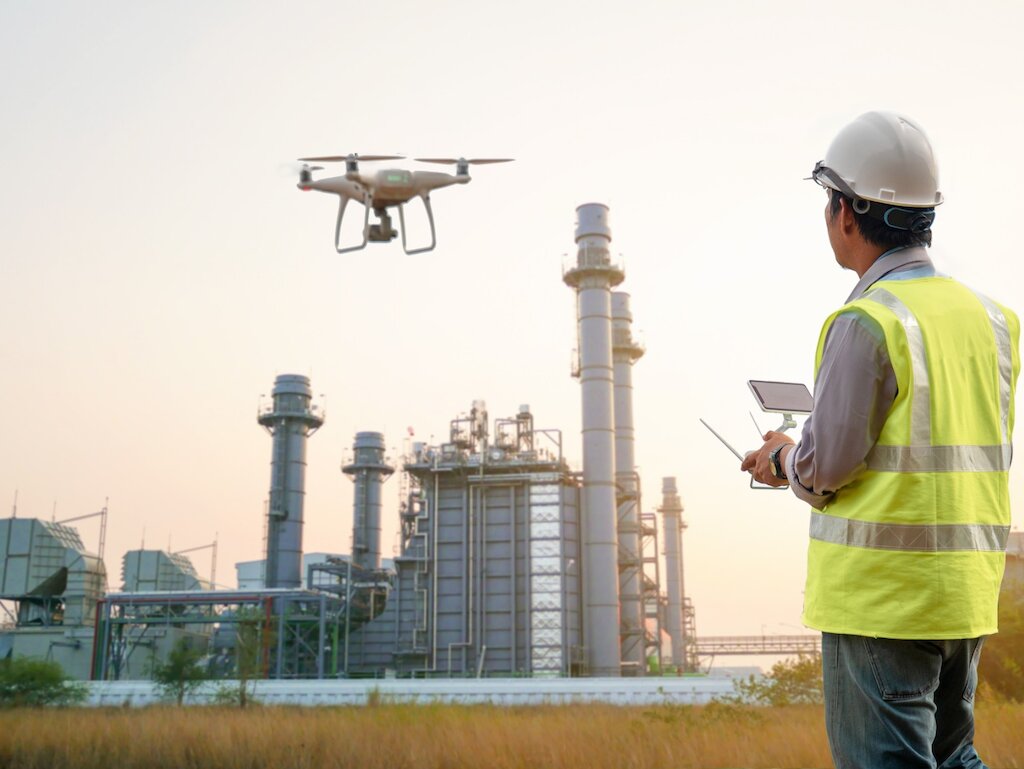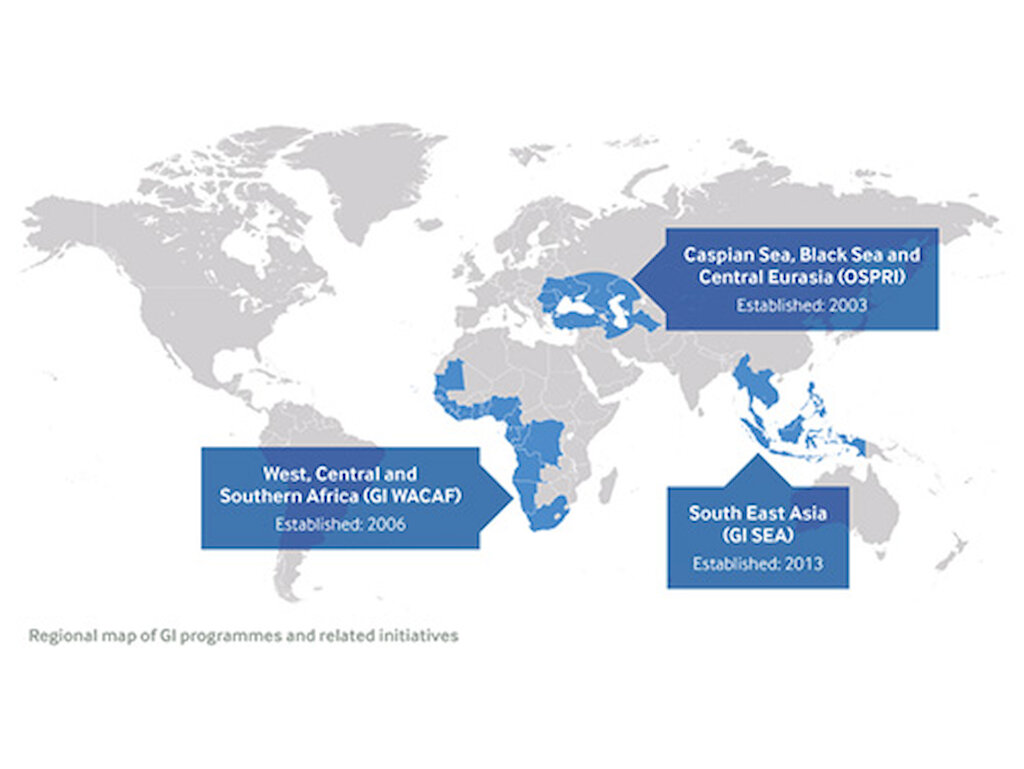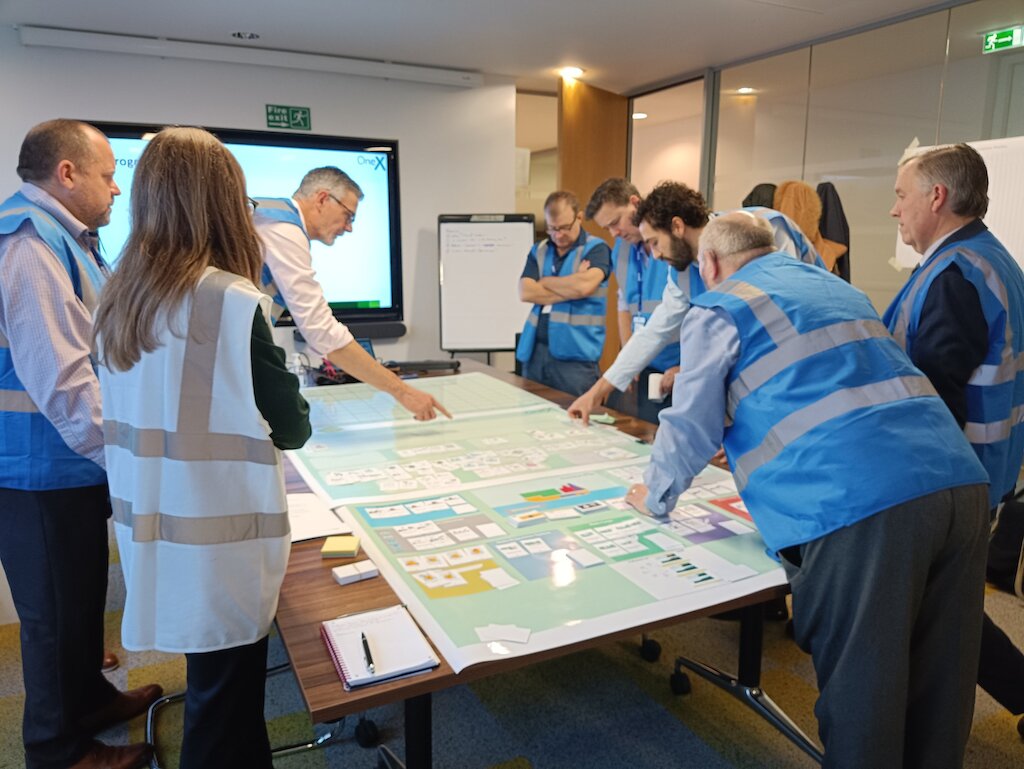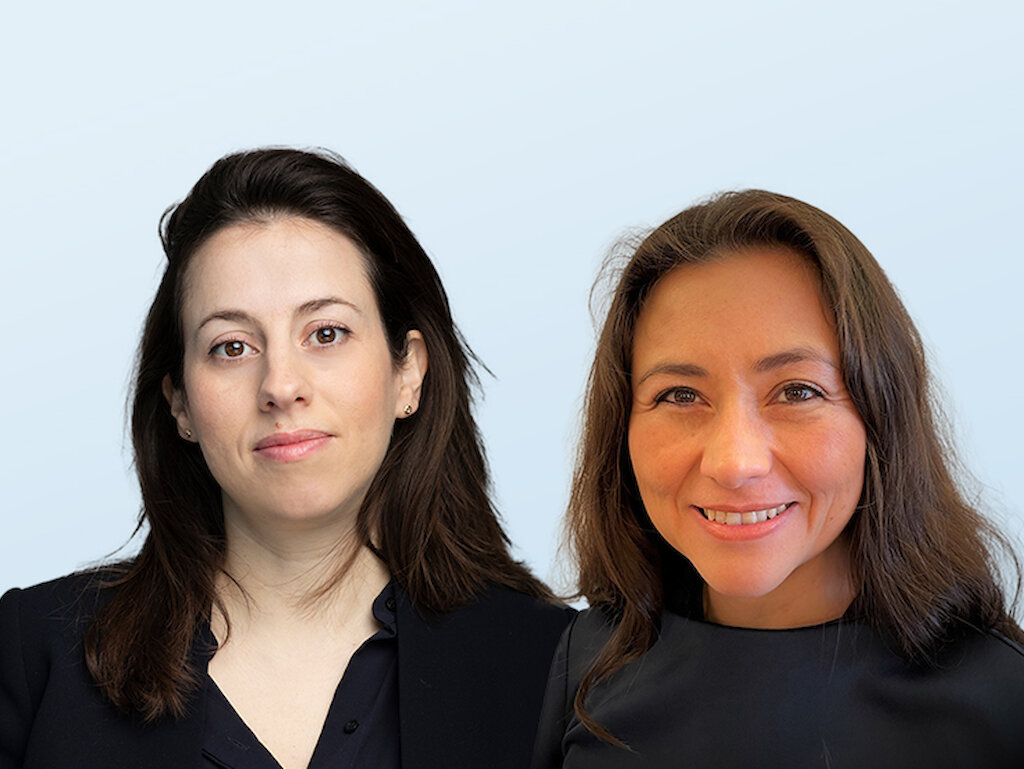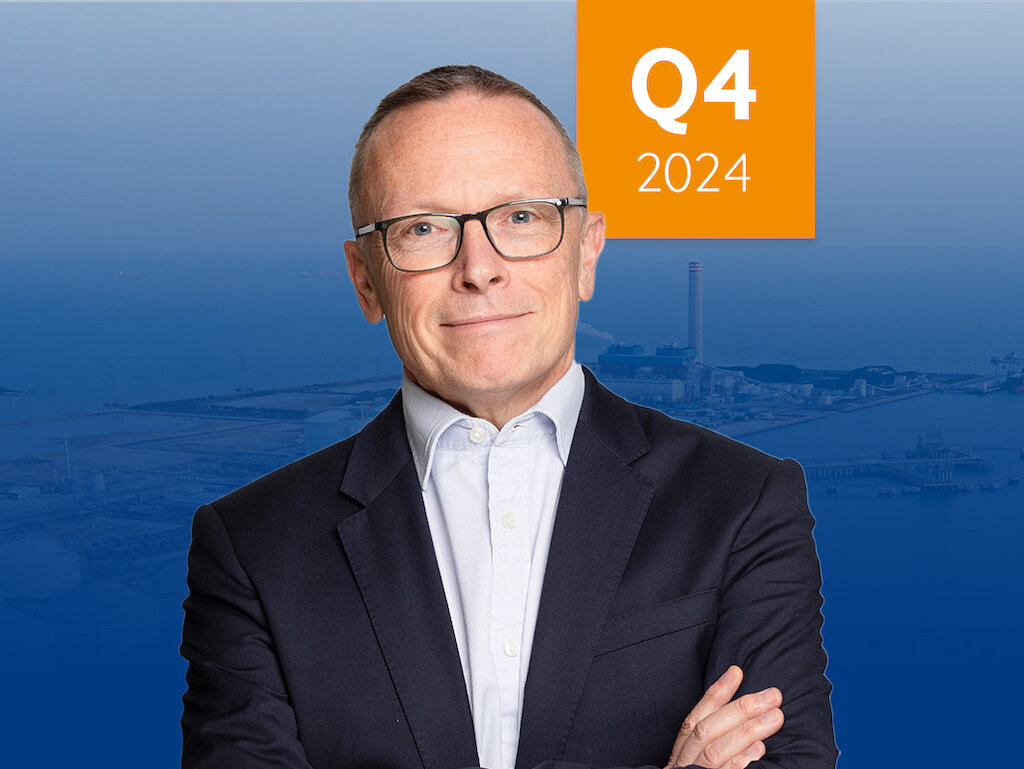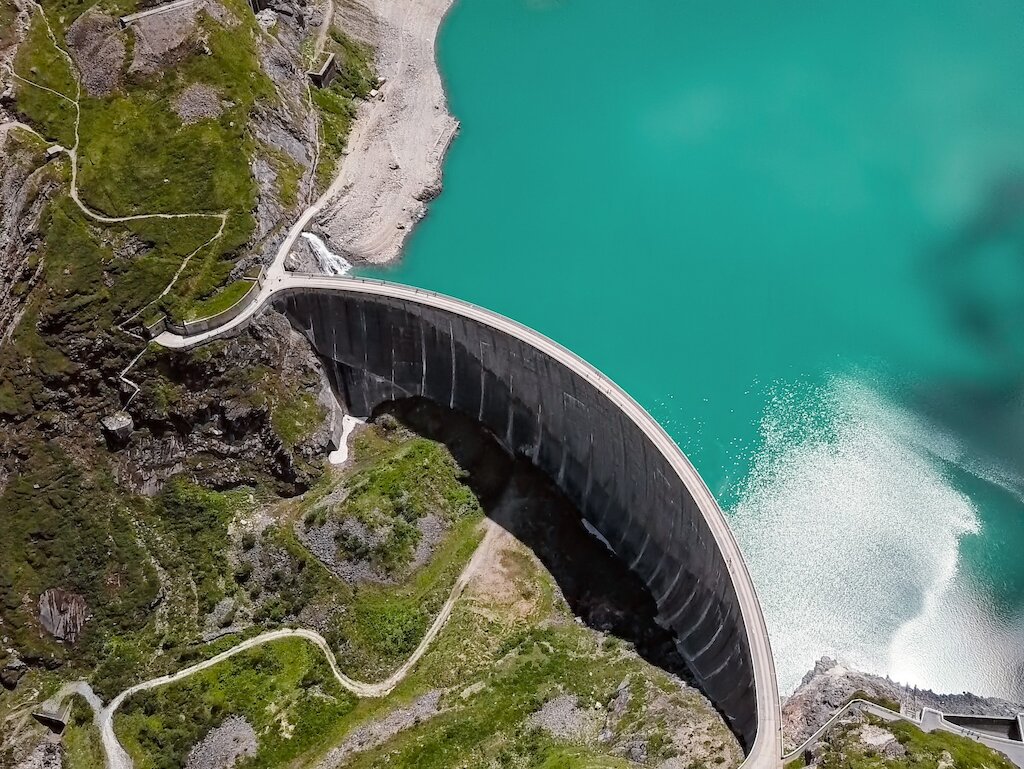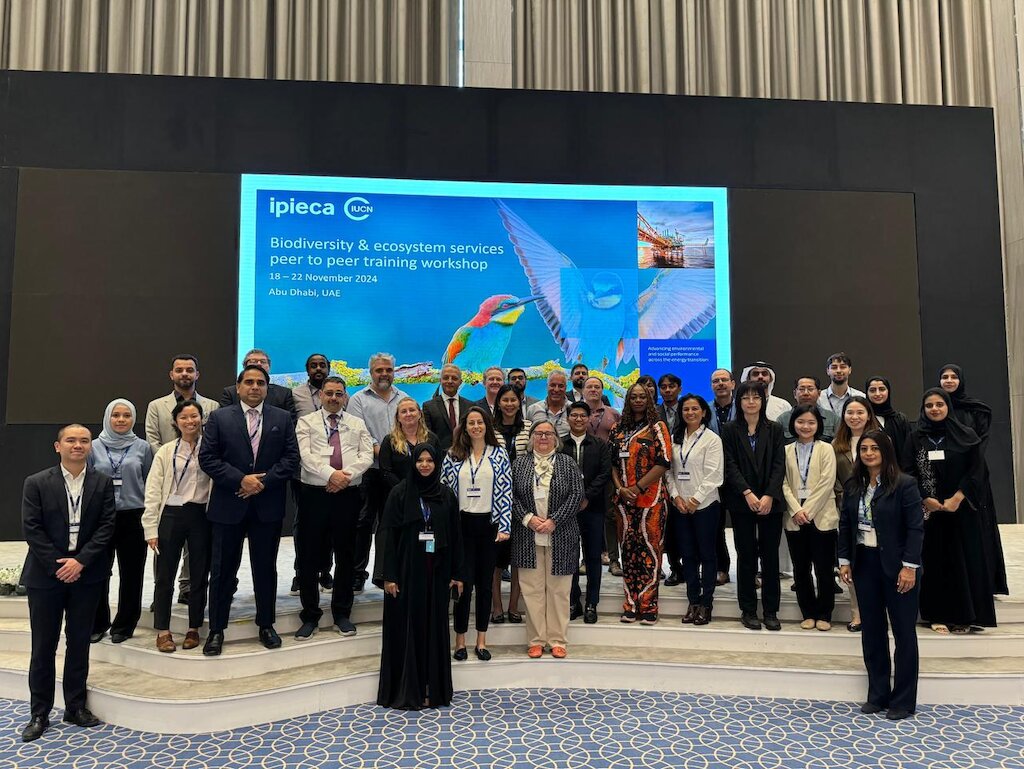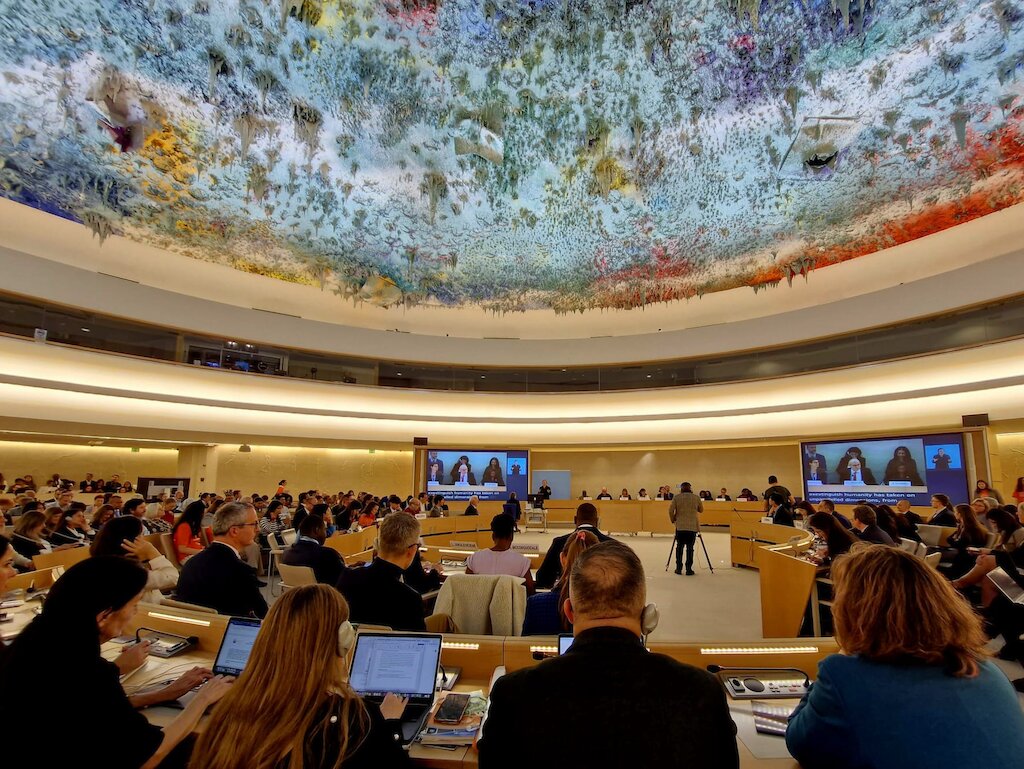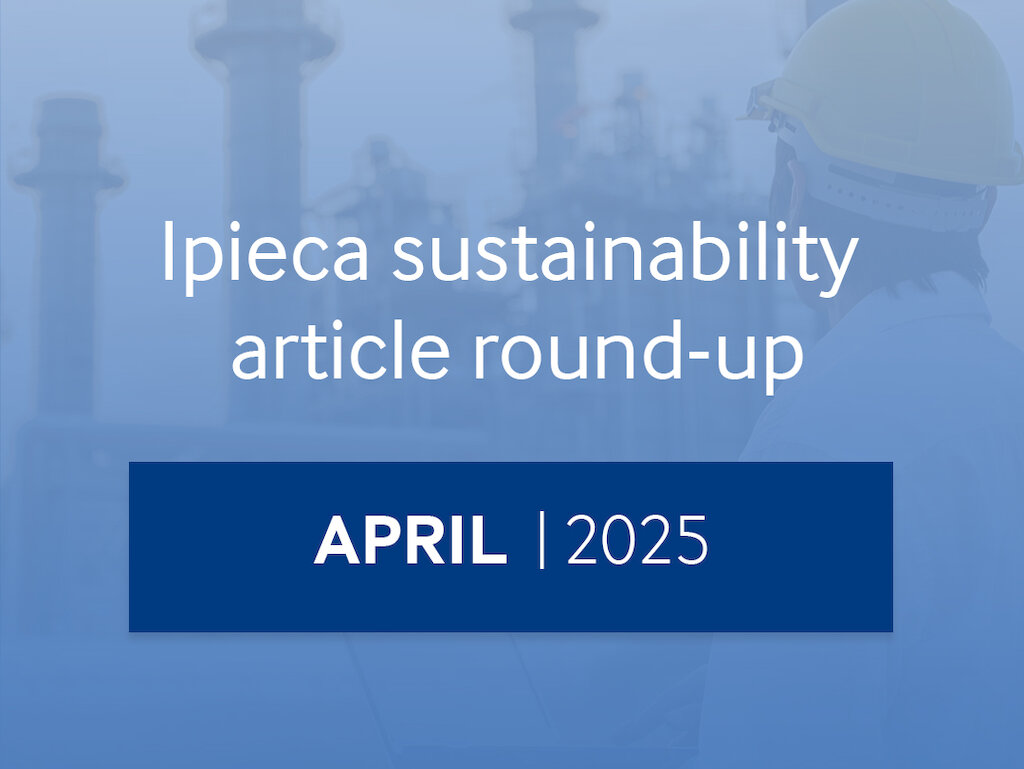
Find out how Ipieca members are enhancing nature-based solutions, understanding local biodiversity, advancing CCS, and supporting sustainable energy transitions. We also share insights from Ipieca’s recent engagement with the IMO, Voluntary Principles Initiative, and other UN bodies.

Responding to the continuous advancement of technology, this update expands the number of technologies included in the joint Ipieca-IOGP-OGCI- Energy Institute guidance and online technology filtering tool.
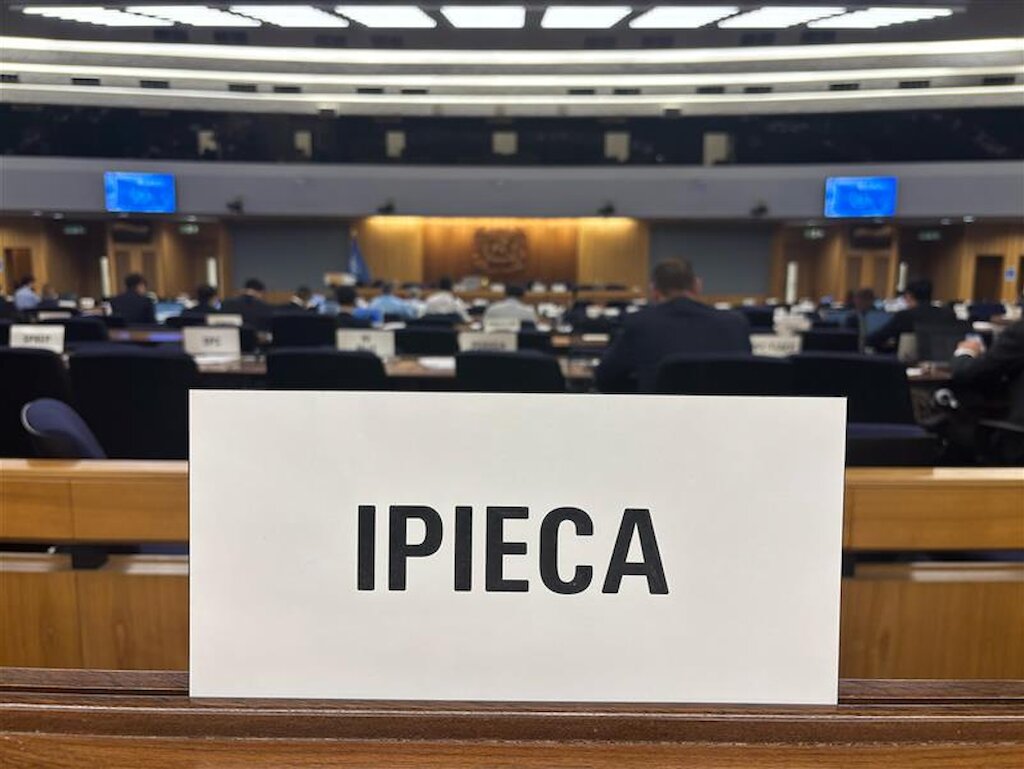
The IMO Marine Environment Protection Committee (MEPC) met for its 83rd session in person at IMO Headquarters in London where it approved the IMO Net-zero Framework, the first in the world to combine mandatory emissions limits and GHG pricing across an entire industry sector.
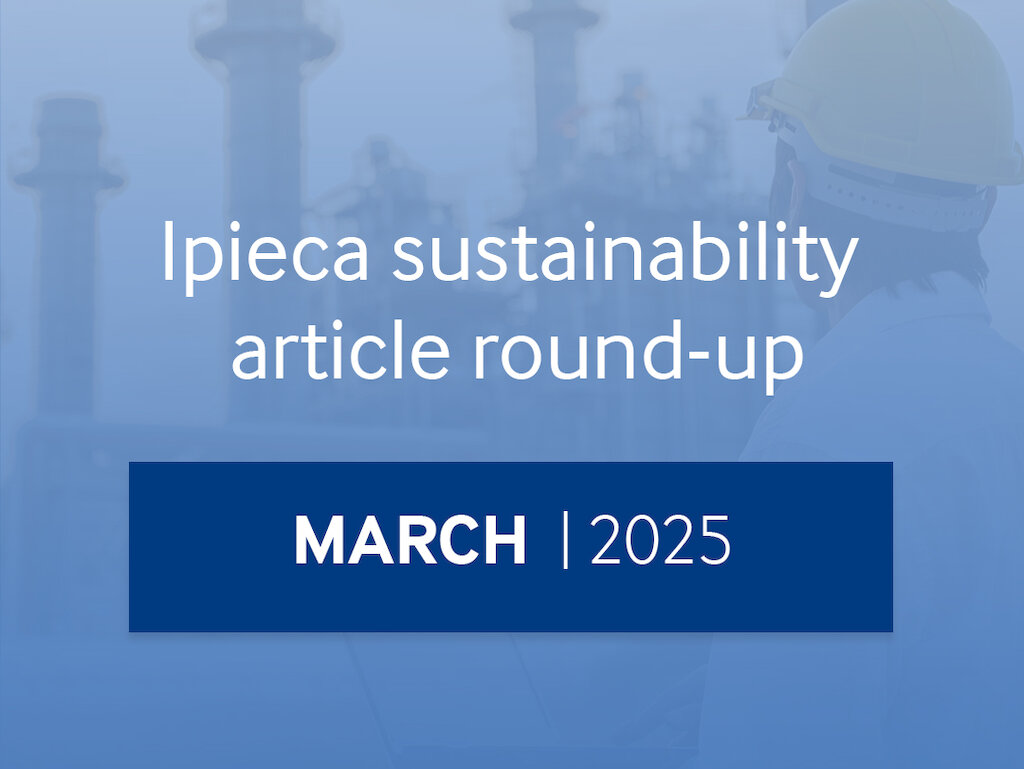
The March round-up underscores the broad collaboration members are engaging in to advance the energy transition, including projects and funds supporting decarbonisation, nature-based solutions, biodiversity. Plus, partner updates on biofuels for decarbonising shipping, a mercury trade control initiative in Latin America, and insights from Ipieca's engagement with the IMO, UN CBD, and UNEP.
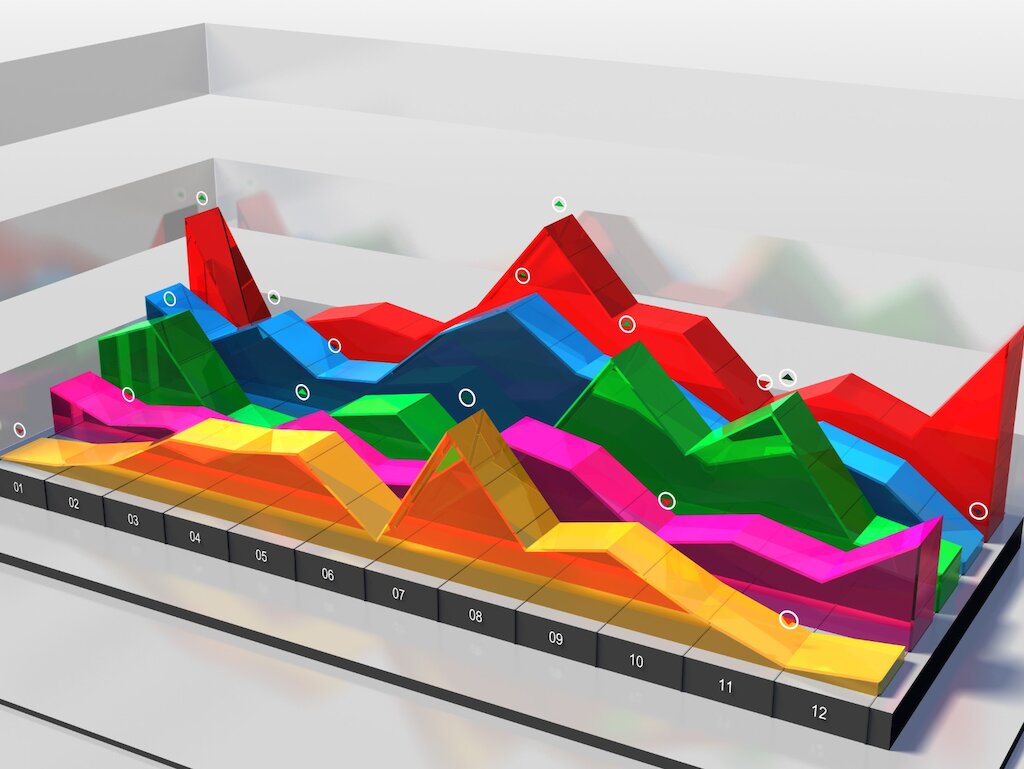
We are pleased to introduce Ipieca’s new interactive dashboard, built on insights from our annual sustainability reporting survey. This tool highlights key findings from surveys conducted since 2012, enabling year-on-year comparisons of reporting practices and changing priorities across the industry.
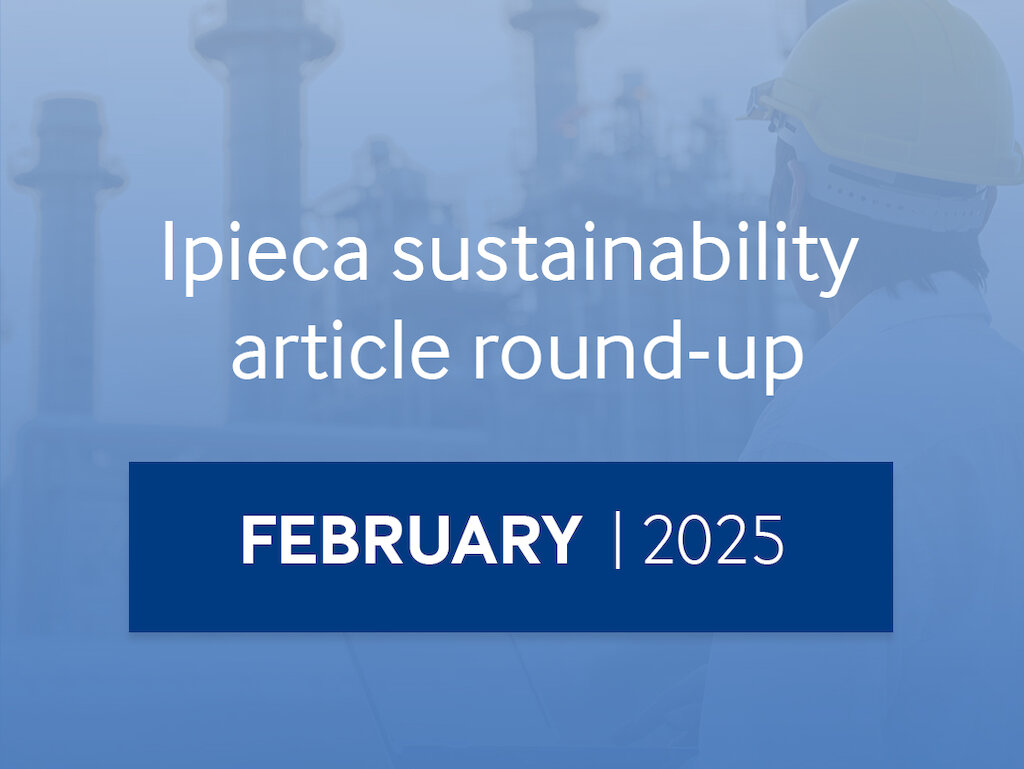
The February round-up demonstrates Ipieca member leadership in sustainability through formal recognitions, pioneering projects, and environmental and social investment programmes aimed at improving water quality, enhancing community resilience and supporting technical education for a just transition.
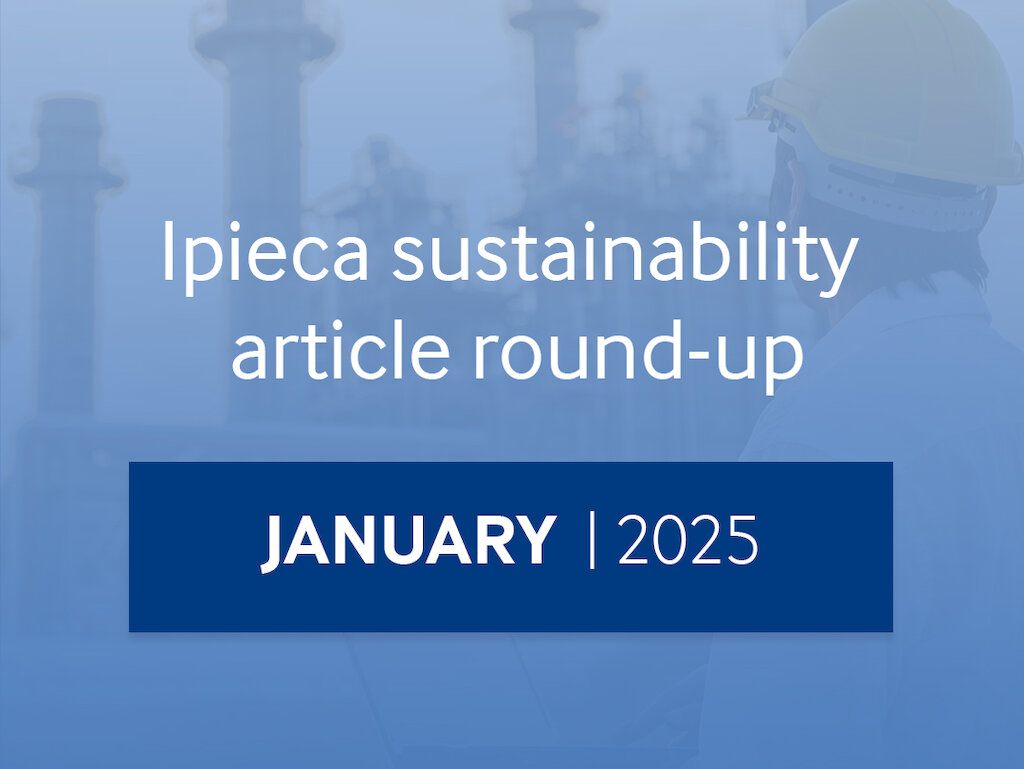
We kick off 2025 with a round-up of articles from December and January. Covering emissions reductions efforts and low-carbon technologies, including a cross-border CCS study, blue hydrogen, and a new decarbonization institute. Members also share plans to restore coral reefs and boreal seismic lines.
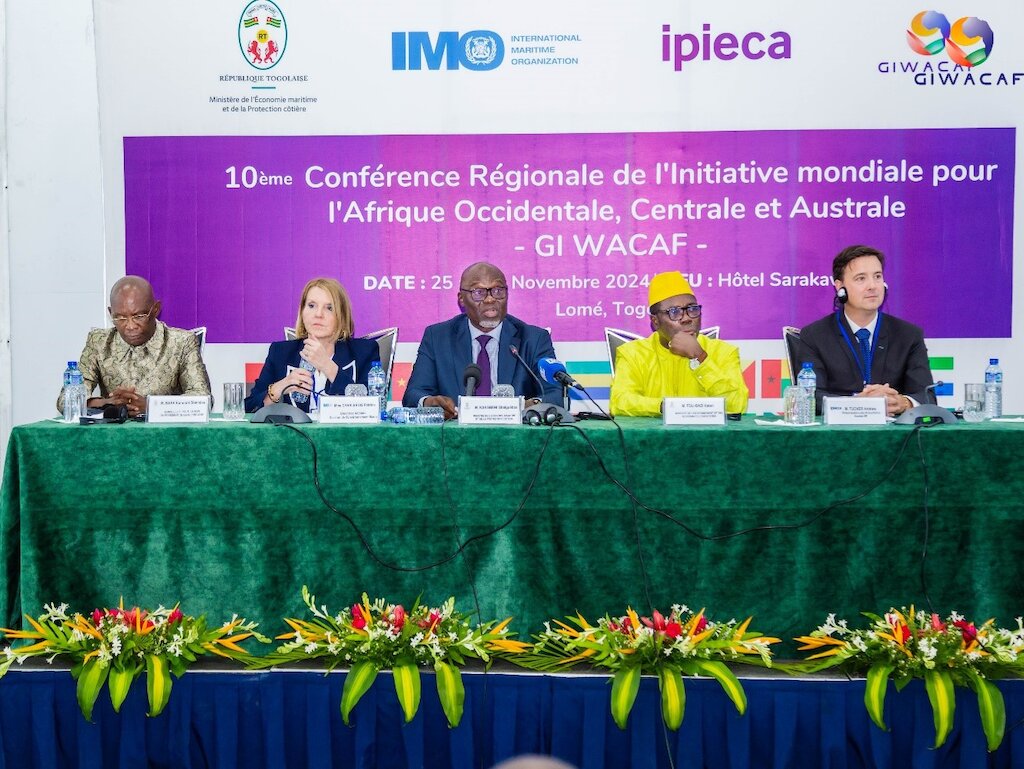
Taking place in Togo, the conference brought together 120 participants, including key government and industry representatives from 20 African countries to share good practice and provide technical support to enhance oil spill preparedness and response.
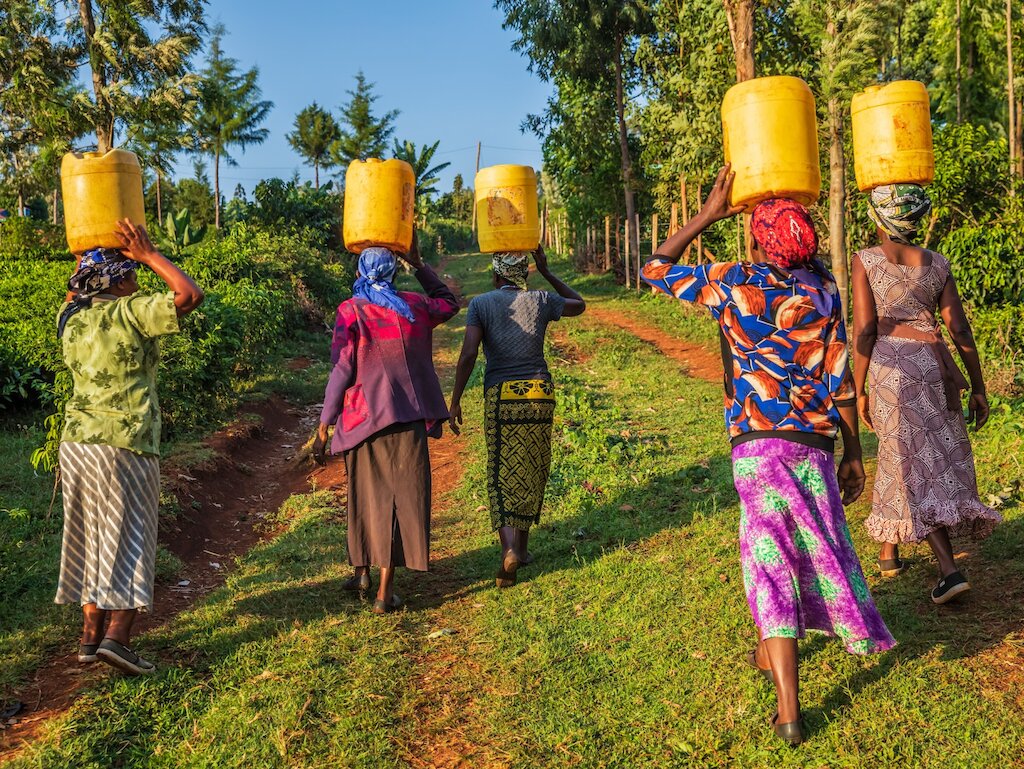
Human Rights Day is observed annually on 10 December, commemorating the anniversary of the Universal Declaration of Human Rights. This year’s theme is: ‘Our Rights, Our Future, Right Now’, recognising the importance and relevance of human rights in our everyday lives and how they can help to forge a more peaceful, equal and sustainable future.
